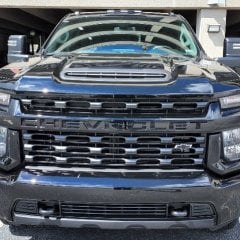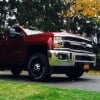Overheating 2009 Duramax 3500HD
-
Similar Content
-
- 6 replies
- 1,556 views
-
- 5 replies
- 768 views
-
- 3 replies
- 5,672 views
-
- 17 replies
- 16,466 views
-
- 1 reply
- 4,407 views
-
-
Recently Browsing 0 members
- No registered users viewing this page.
-
Forum Statistics
246k
Total Topics2.6m
Total Posts -
Member Statistics
-
Who's Online 6 Members, 0 Anonymous, 869 Guests (See full list)

















Recommended Posts
Join the conversation
You can post now and register later. If you have an account, sign in now to post with your account.